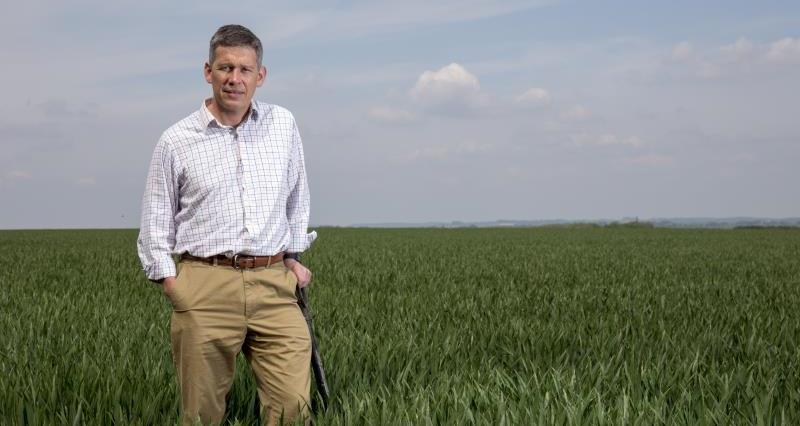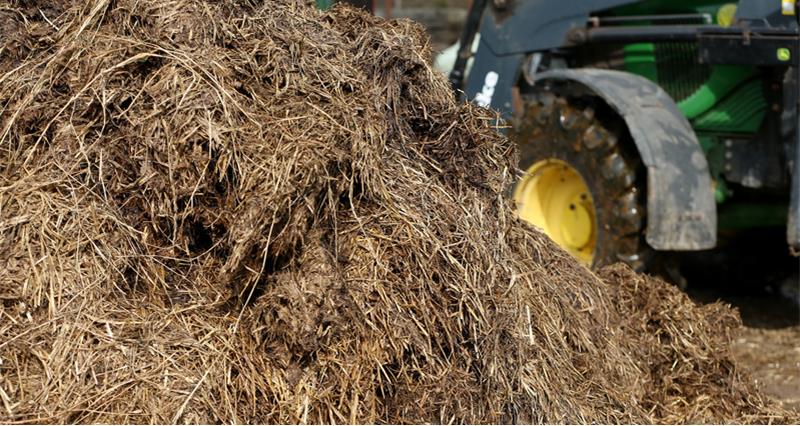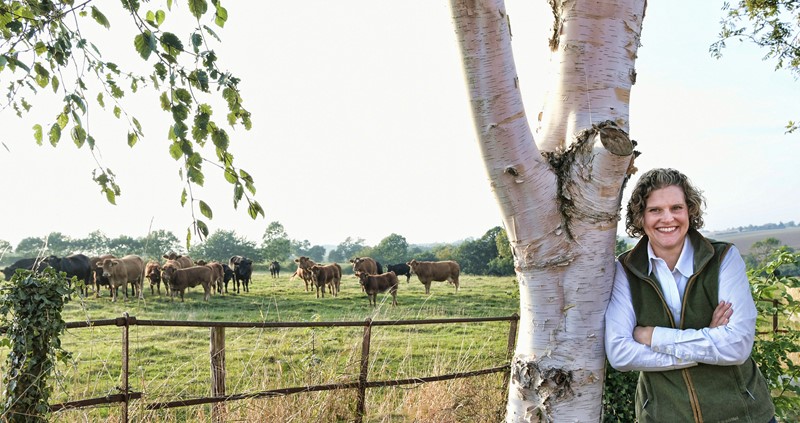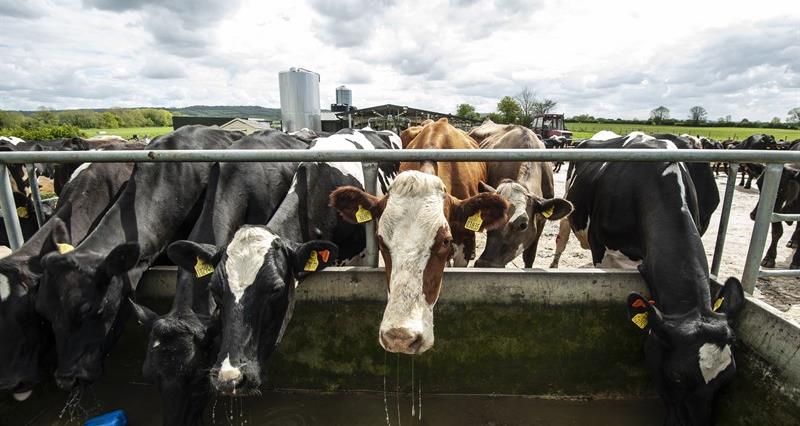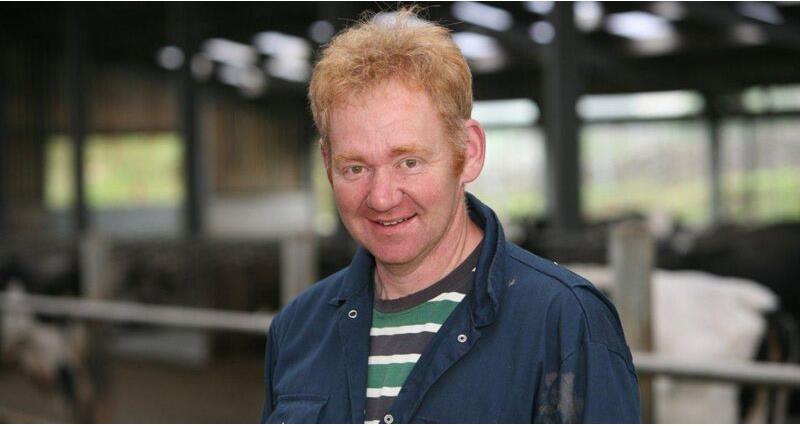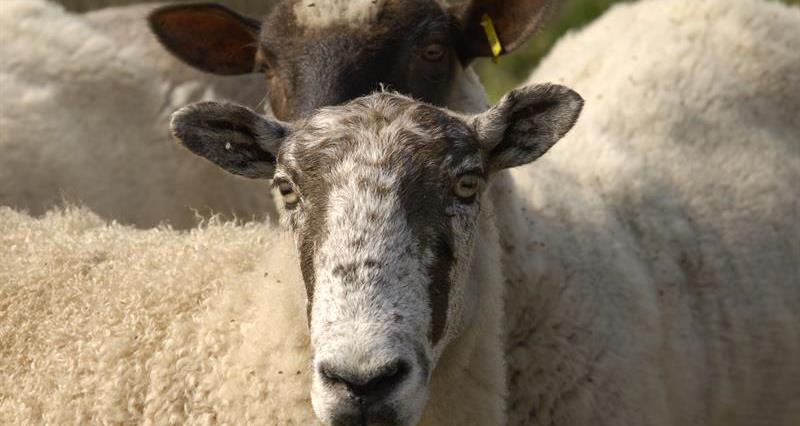Sam operates a commercial, multi-site pig operation based in the Lincolnshire Wolds.
Lincolnshire is renowned for its farming landscape, with approximately 81% of the county being farmed compared to 70% for England.
The predominantly flat fields and rich soils are responsible for producing one eighth of the UK’s food, translating to an agricultural output of over £2bn in 2019. Consequently, the farmers have an important role to play as custodians for the natural environment.
Slurry management
Pig farming produces high volumes of slurry, a valuable resource, rich in nutrients used as crop fertiliser.
Most nutrients in slurry come from the pig’s diet, which on Sam's farm comes from pelleted feed consisting of wheat, barley, rye and soya. Therefore, returning slurry to the land promotes nutrient cycling.
Furthermore, Sam exports some FYM, slurry and sugar beet to a neighbouring AD (Anaerobic Digestion) plant to generate electricity.
Slurry management is important for profitability and reducing environmental impact. To achieve this, farmers use slurry separators.
Sam uses 11 belt slurry separators across the farming operation, many of which were funded by the CPSG (Countryside Productivity Scheme Grant).
Sam's main motivations for using slurry separators involve the increased manageability of slurry. Separating the liquid from the solid mass allows for pumping that is easier and cheaper, with less leak and blockage risk.
Environmental benefits
The solid output is high in phosphorus whereas the liquid output is high in nitrogen. Therefore, the use of slurry separators can help farmers comply with environmental regulations.
For instance, most of Sam's farms are within NVZs (Nitrate Vulnerable Zones) which require greater nutrient regulation.
Historically, Sam's farms have had high phosphate indices, so separating slurry enables more targeted nutrient application and compliance with NVZ regulations.
The increased manageability also decreases the risk of pollution incidents.
Read more in our nutrient cycling series:
